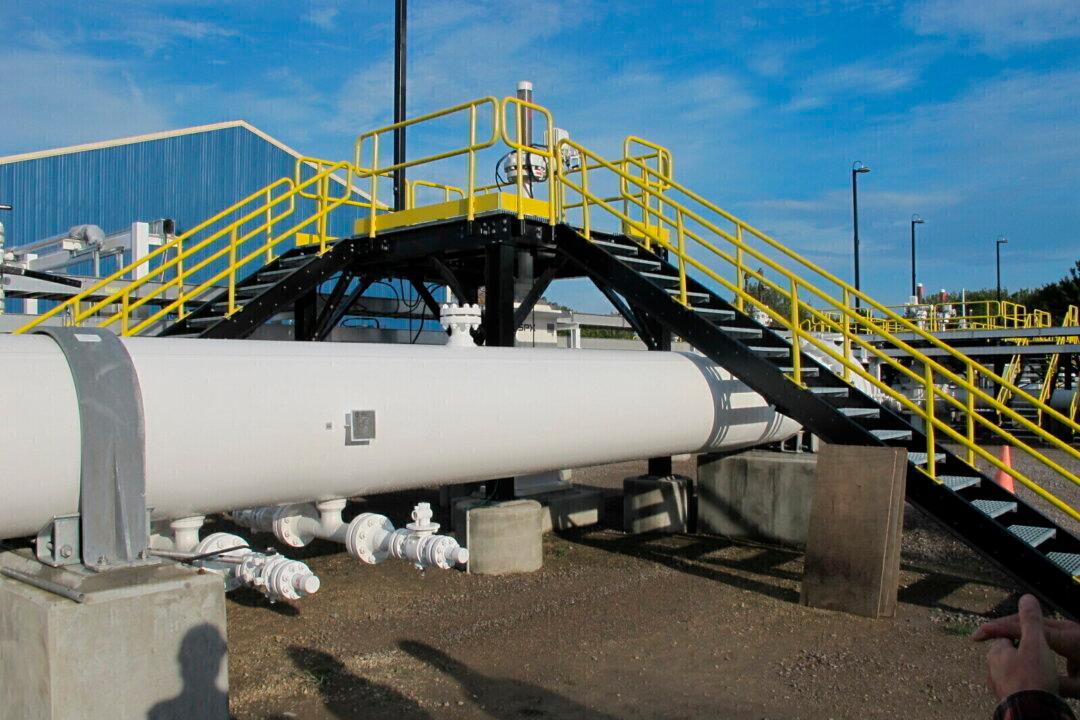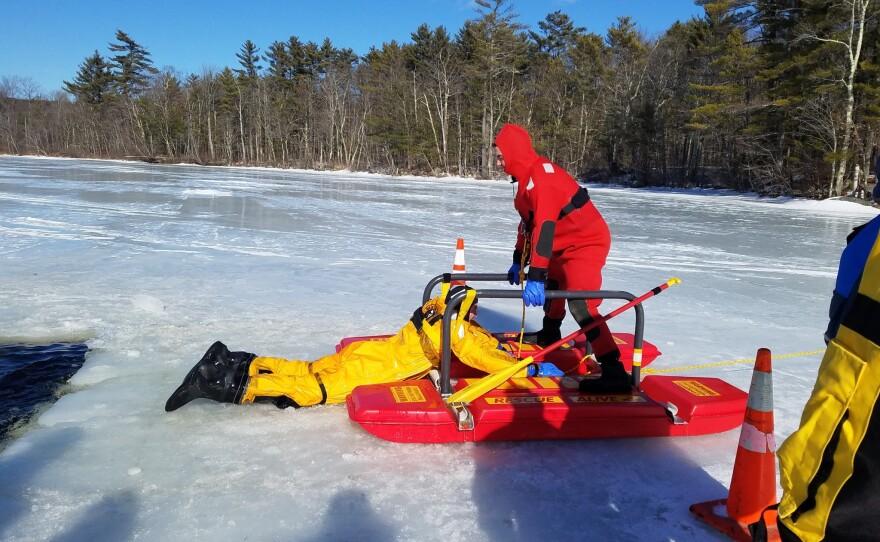A federal judge on Thursday said that he is unlikely to shut down an oil pipeline on the Bad River reservation in northern Wisconsin, despite the tribe’s arguments that the line is at immediate risk of erosion and rupturing. However, he said a time may come when he’ll have to intervene.
U.S. District Judge William Conley said the Bad River Band of Lake Superior Chippewa didn’t prove an imminent threat exists along a stretch of the Enbridge Line 5 pipeline where large sections of nearby riverbank have been washed away in recent weeks due to erosion from spring flooding.




